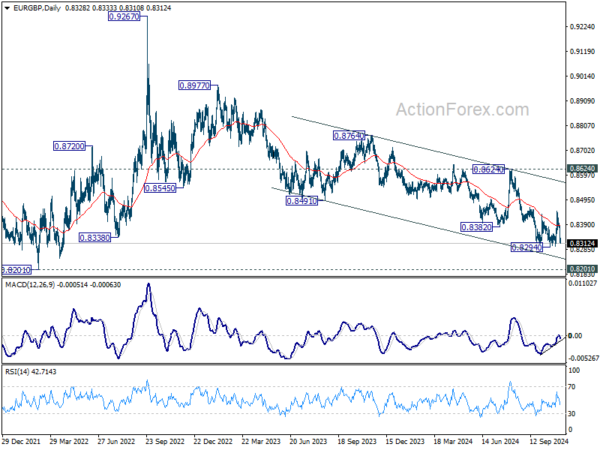BoE is widely anticipated to reduce its benchmark interest rate by 25bps to 4.75% today. While the decision is likely to be unanimous, with known hawk Catherine Mann the only probable dissenting voice. Nevertheless, BoE’s direction for future policy has been complicated by recent domestic and international developments
Governor Andrew Bailey had previously signaled openness to more aggressive policy easing to support the slowing economy. However, after a week spent analyzing Chancellor Rachel Reeves’ recent budget—which is considered inflationary—Bailey could revert back to a more measured approach. The budget’s emphasis on increased spending could stoke inflationary pressures, limiting the central bank’s appetite for rapid rate cuts.
Market expectations have shifted too in response to these developments. Investors are now pricing in between two and three additional 25 basis point cuts by the end of 2025, down from nearly four cuts anticipated before Reeves delivered her budget.
Economists are looking to BoE’s new economic projections for clarity on how the central bank plans to navigate these challenges. However, it’s uncertain to what extent the forecasts will incorporate the potential inflationary impact of Reeves’ fiscal plans. If the projections do not fully account for the new budget measures, market participants may find limited guidance on the BoE’s policy outlook, leaving questions about the pace and extent of future rate cuts.
In the currency markets, a key focus today is EUR/GBP’s reaction to BoE’s decision and communications. The down trend from 0.9267 (2022 high) remains intact. Break of 0.8294 will target 0.8201 support (2022 low). The question is whether this level could provided enough support for EUR/GBP to form a bottom and stage a medium term reversal.

